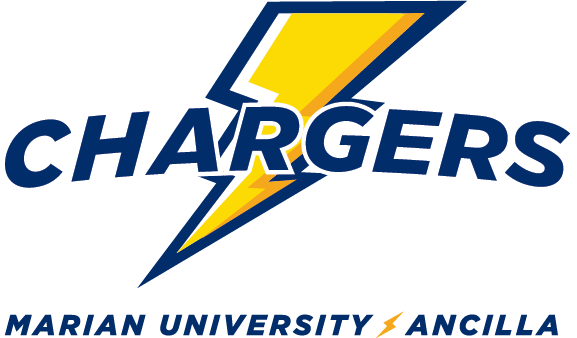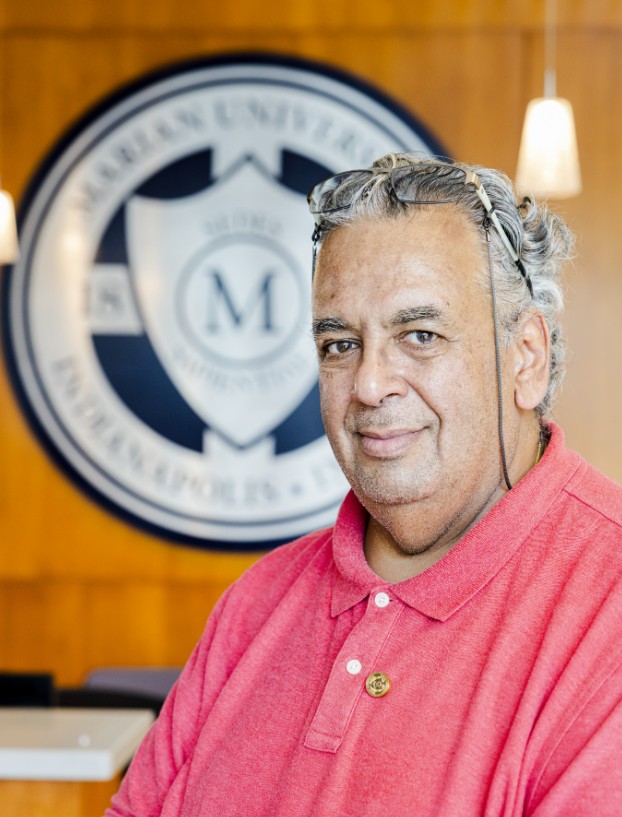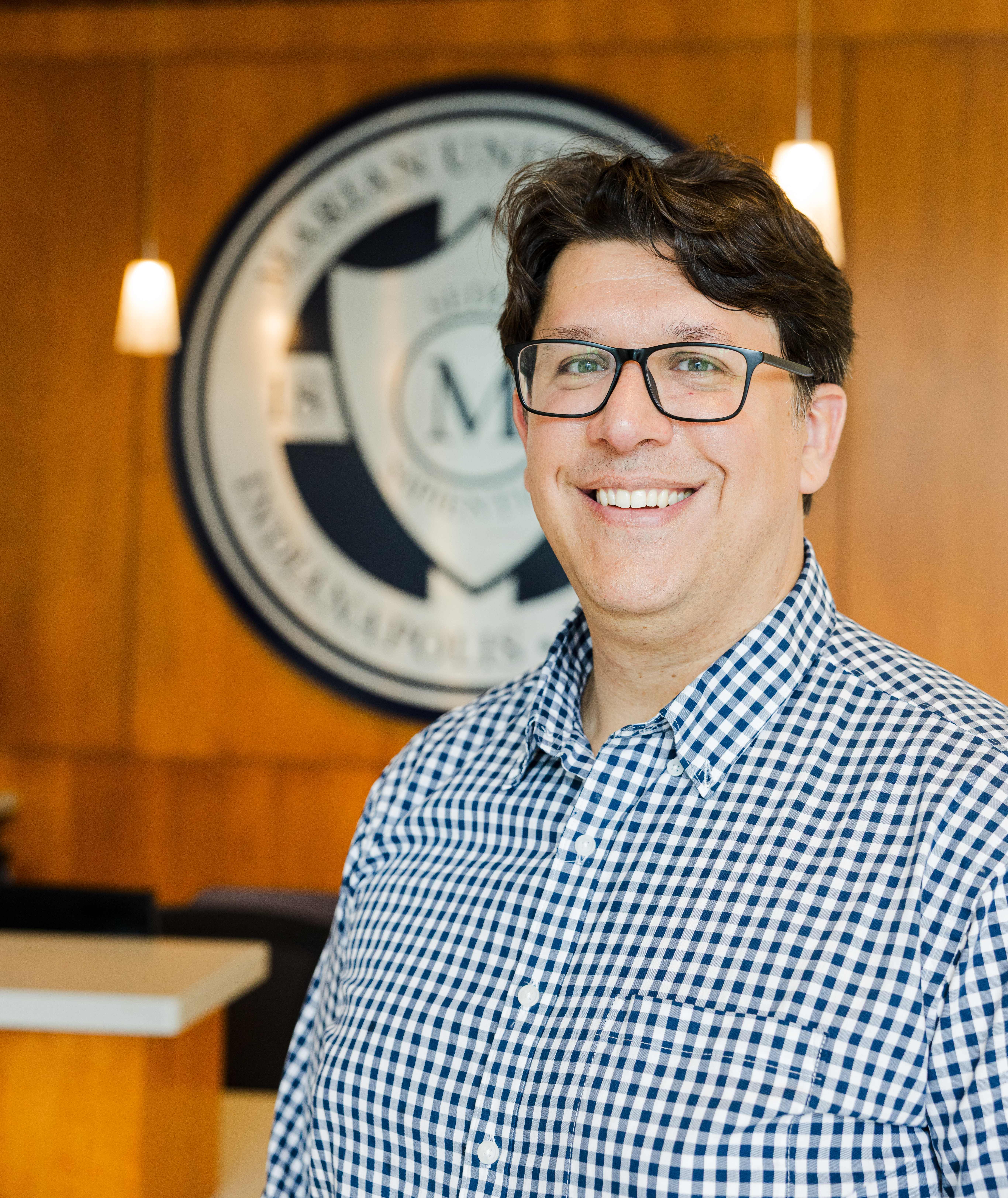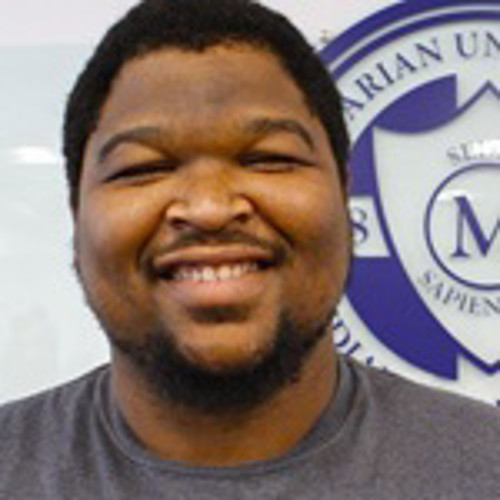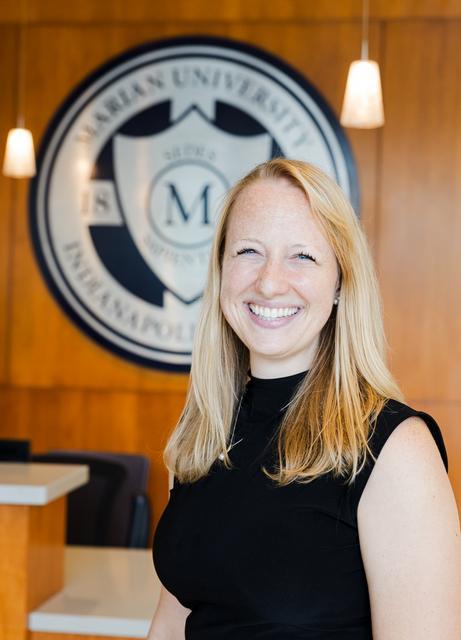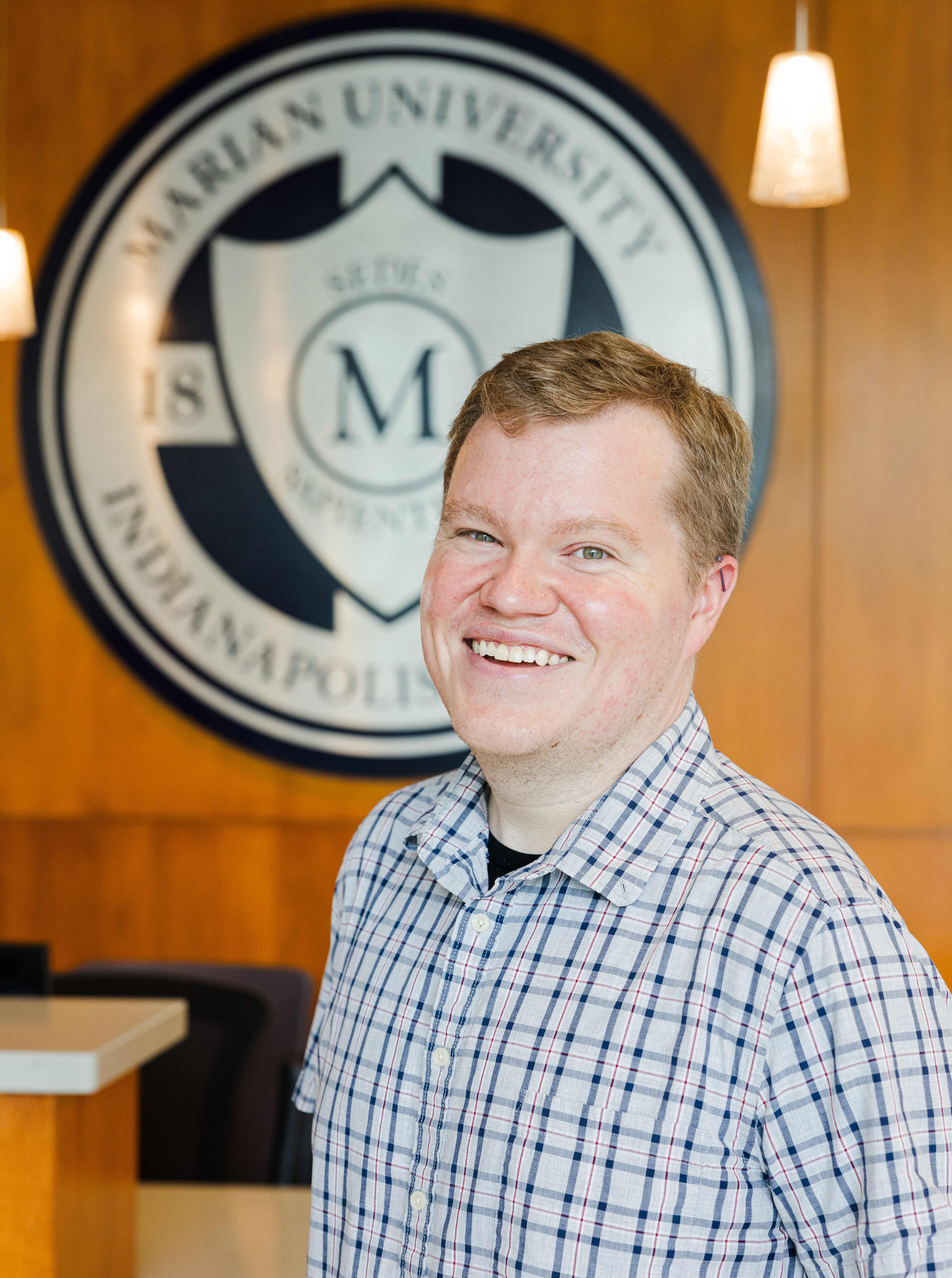Majors Offered:
What is the difference between a B.A. and a B.S.?
- The B.A. in mathematics provides more flexibility in the elective courses from which you can choose. It requires fewer math courses, allowing you to take more science and other courses of interest. You might choose this option if you want to teach in K-12 classrooms or double-major in math and another subject.
- The B.S. in mathematics is focused on the science of numbers and their operations, interrelations, and combinations. The emphasis is on logic, scientific inquiry, and numerical and data analysis, approximation, optimization, and decision-making. You might choose this option if you want to work in banking, finance, as an actuary, or in a technical field.
Minors offered: Minor in Mathematics, Minor in Computer Science, Minor in Mathematics for Elementary Educators
Core courses:
Our curriculum builds a strong foundation in mathematical reasoning, computational thinking, and real-world problem solving.
- Mathematics: Calculus I, II, III, Linear Algebra, Introduction to Problem Solving and Proofs, Advanced Geometry, Number Theory, Abstract Algebra, Real Analysis
- Computer Science: Introduction to Programming, Procedural Programming, Data Structures and Algorithms, Computer Organization and Assembly Language Programming, Design and Analysis of Algorithms
These courses give you the tools to think critically, communicate clearly, and solve complex problems across many fields.
What You'll Learn:
- Problem Solving: Approach complex problems with precision, logic, and creativity.
- Communication: Explain mathematical and computational ideas with confidence and clarity.
- Collaboration: Work effectively with peers and faculty to solve problems together.
- Modeling: Use math and computing to analyze real-world data, build models, and make predictions.
- Technology: Apply modern tools to gather and interpret data for better decision-making.
- Growth Mindset: Develop persistence, creativity, and independence when challenges arise.
- Content Knowledge: Gain a broad and deep understanding of key ideas in mathematics and computer science, connected to other disciplines.
Why Study mathematics at Marian?
The Department of Mathematical and Computational Sciences at Marian University is a collaborative academic community committed to fostering student engagement, problem solving, and communication. The department offers degrees in both Mathematics and Computer Science—with concentrations in Statistics, Actuarial Science, and Applied Mathematics— in order to develop competent and creative thinkers who combine rigorous quantitative reasoning with the Franciscan values for service to the world in a variety of areas of business, government, and education.
What principally distinguishes our program from our competitors is not what we teach, but how we teach.
- Small class sizes
- Active and collaborative learning
- Use of mastery-based assessment strategies
- High challenge balanced with high support
- Commitment to using free and open resources in place of expensive textbooks
- Integration of the Franciscan Values throughout the curriculum
If you love math, come and enjoy it with us! Our expert faculty will guide you both in and out of the classroom, whether it is discussing various approaches to a problem, offering suggestions or encouragement, and celebrating your successes. You'll discover a community of like-minded peers and a warm, welcoming campus community.
What career paths are available?
According to the United States Department of Labor's Bureau of Labor Statistics (BLS), the employment outlook for college graduates with mathematics degrees and training is strong. Here are just a few jobs held by math majors and the percentage increase in employment the BLS expects through 2024.
- Statisticians: 34 percent
- Operations research analysts: 30 percent
- Mathematicians: 21 percent
- Computer systems analyst: 21 percent
- Market research analysts: 19 percent
- Software developers: 17 percent
- Computer and information systems managers: 15 percent
- Financial analysts: 12 percent
- Accountants and auditors: 11 percent
- Database administrator: 11 percent
Department Involvements & Partners:
- Sister Monica Zore Speaker Series
- Academic Commons
- The Department of Mathematics collaborates with students on both expository and original research projects, including opportunities to travel to and present at conferences. Students interested in conducting research are encouraged to reach out directly to faculty members.
- Please see the faculty webpages for more details on each faculty member’s research interests and experience.
